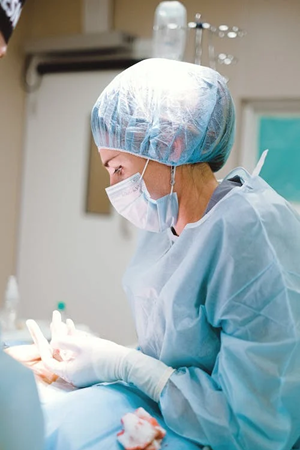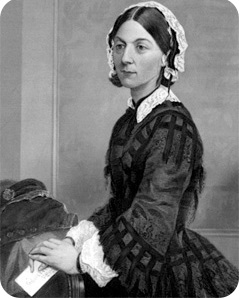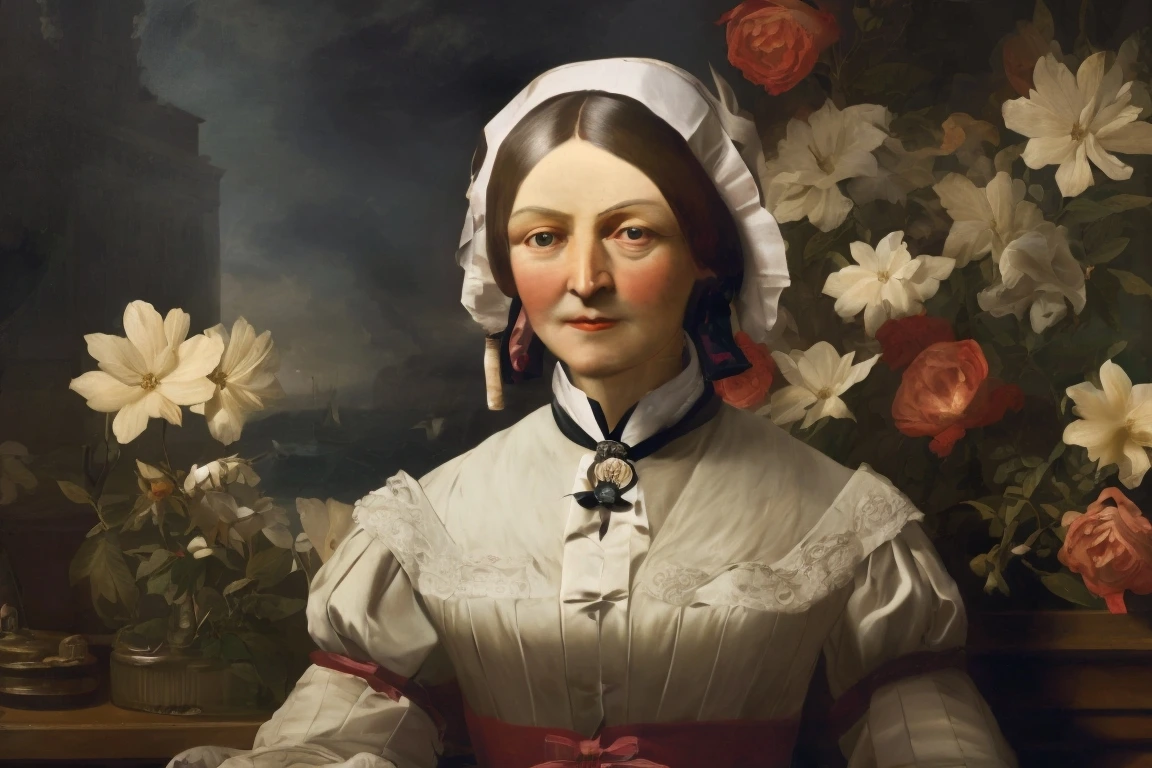Born in 1820, Florence Nightingale would create the foundations for modern nursing through her work during the Crimean War. Growing up in an upper-class family, Nightingale was expected to become a wife and mother. Instead, she entered nursing in 1844, educating herself in the sciences and medical knowledge.

During the Crimean War, Nightingale and 38 other nurses traveled to the Ottoman Empire to care for wounded British soldiers. The women found that sanitation was often neglected, medications were limited, and many soldiers suffered from infections or contracted illnesses such as cholera and typhus. Nightingale was nicknamed the 'The Lady with the Lamp' because of her nighttime rounds with patients.
Florence Nightingale
After returning to England, Nightingale started the Nightingale Training School to help train nurses. She also wrote a nursing book that sold well among the general public. Through her work, Nightingale advocated for improving the sanitation and conditions in which patients were placed, believing that unsanitary conditions contributed to infections and disease. She also trained nurses who worked with people with low incomes in England, marking the first time trained nurses cared for individuals regardless of their financial situation.
Nightingale is one person in a long line of health science professionals who have contributed to and affected the direction of disease treatment worldwide. Numerous people have contributed to changes in how we understand and treat illnesses and promote health. While there have been many improvements, many advances are still yet to be made. Maybe the person who will create the subsequent significant discovery or advancement will be you! In this unit, we will examine some of the careers available in the health science field.

